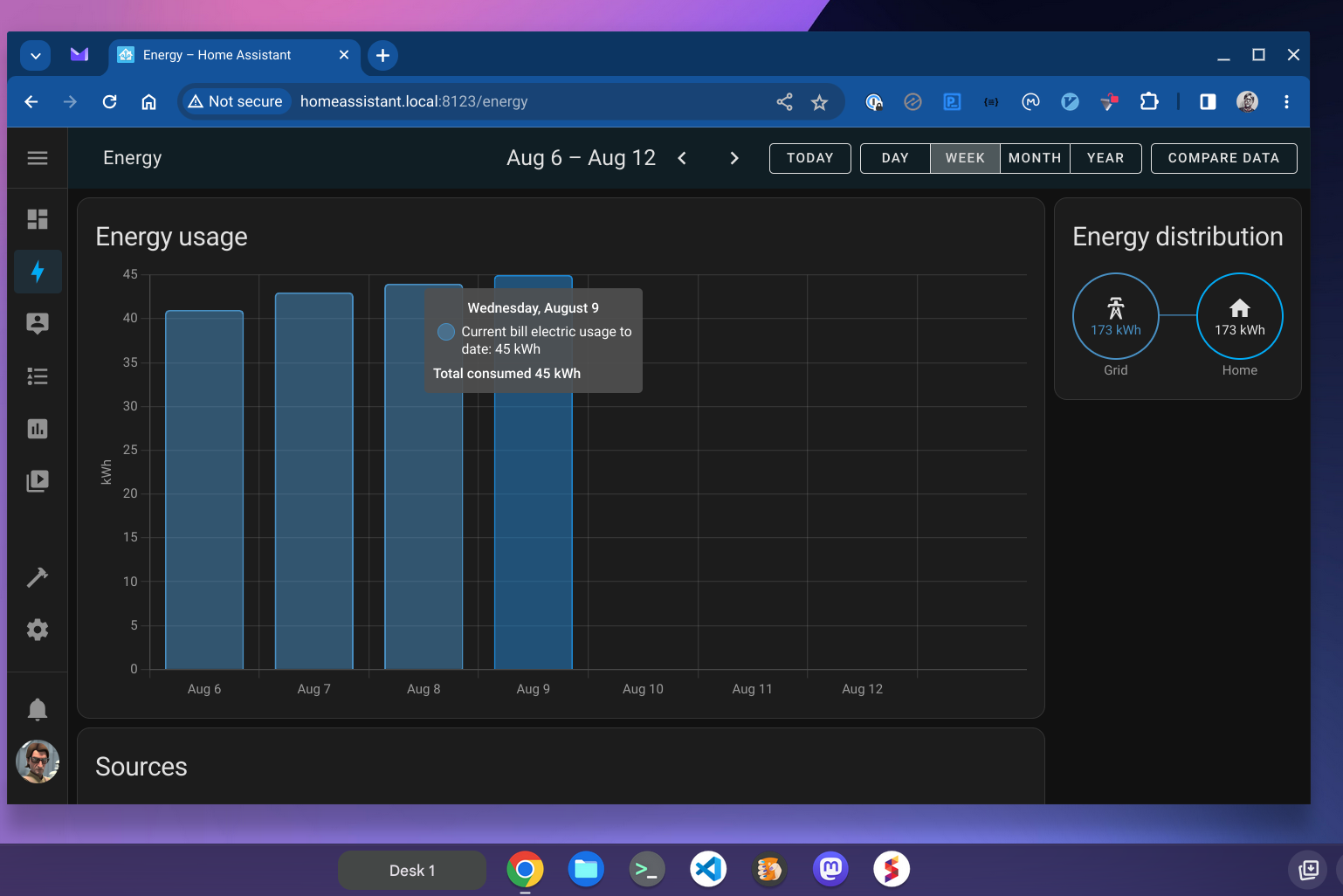This week we make a big announcement about the podcast and newsletter. Get ready! Then we talk about the issues with Matter and who’s to blame. We lay out the challenges that both we and The Verge have highlighted with Thread credentialing, and talk about uneven device support. It’s a mess. Other messy topics include the prospect of hacked radiation sensors in Chernobyl, as reported by Kim Zetter. Then we get chippy, discussing the new RISC-V company that Qualcomm, NXP, Infineon, and others are backing, and the proposed sale of an IoT module business to Renesas. A drone startup is building an on-demand drone network that looks like a satellite network, and we have thoughts. We also discuss Kevin’s experience and reaction to our audience’s comments on his transition to Home Assistant. Then, we highlight some tips to help you prep your home ahead of smart energy management programs. Finally, we answer a listener question about the Amazon Echo Show and devices that might work with it.

Our guest this week is Muthu Sabarethinam, VP AI/ML product and services with Honeywell, who is on the show to talk about TinyML. We start off discussing how Honeywell is thinking about using data from equipment to build services, and then segue into talking about how Honeywell might use TinyML located on sensors. Sabarethinam explains the reasons Honeywell wants algorithms that can run directly on a sensor, and how it will help with security, power, and latency. He also shares his thoughts on how companies should package their algorithms to make it easier to deploy TinyML at scale. For perspective, Honeywell supports more than a million sensors in the field that could all use TinyML. We conclude by talking about business models and how customers want to access data. It’s a great show.
Hosts: Stacey Higginbotham and Kevin Tofel
Guest: Muthu Sabarethinam, VP AI/ML product and services with Honeywell
Sponsors: Wilderness Labs and Skyhawk
- We’re hitting pause on the podcast later this month
- Sensors can lie, so how should we offset that risk?
- Why RISC-V is getting so much love
- Why Honeywell wants local AI on industrial sensors
- How to think about building AI sensors that can scale
Podcast: Play in new window | Download | Embed
Subscribe: RSS

